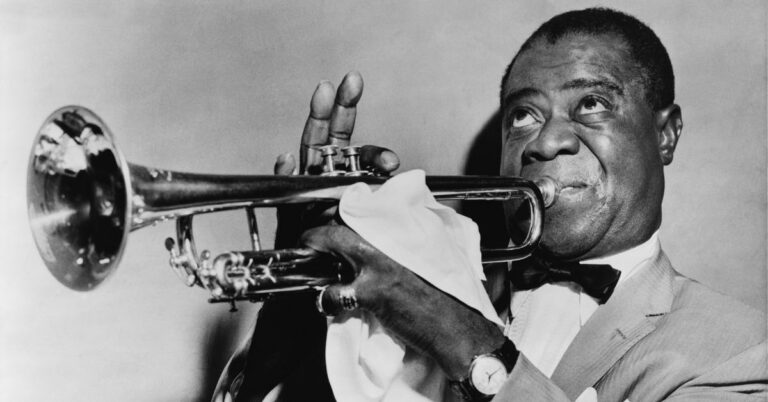Words carry within them a fascinating journey through time, reflecting the historical, cultural, and social contexts in which they originated. The term “Lesbian,” with its modern connotations, might seem straightforward, but a deeper exploration into its origins reveals a tapestry woven with history, mythology, and geographical significance.
Ancient Echoes: The Island of Lesbos and Sappho’s Legacy
The word “Lesbian” finds its origins in the ancient land of Lesbos, an island in the Aegean Sea. This picturesque island is celebrated not only for its natural beauty but also for its role in shaping the world of literature and identity. In the 7th century BCE, the island was home to the renowned Greek poetess Sappho, whose lyric poetry explored themes of love, desire, and intimate relationships between women.
Sappho’s poems, often addressed to her female companions, spoke of affection and emotions that transcended platonic friendship. Her works created a legacy that resonated through the ages and contributed to the term “Lesbian” as we know it today. The adjective “Sapphic” was used to denote same-sex love between women, a term directly inspired by Sappho’s name.
From Mythology to Modernity: The Evolution of “Lesbian”
The transition from “Sapphic” to “Lesbian” involved a journey that spanned centuries, languages, and cultures. It was in the 19th century that the term “Lesbian” began to emerge as the primary descriptor for women who were attracted to other women. The term’s evolution can be attributed to various linguistic and cultural factors, including the association of Lesbos with Sappho’s legacy and the desire to create a specific term for same-sex female relationships.
One of the earliest recorded instances of the word “Lesbian” in its modern context can be found in Jules Cotard’s 1870 work, “Études médicales,” where he used “lesbienne” to describe women who were attracted to other women. This shift in terminology marked the intersection of linguistic choices, historical associations, and changing attitudes toward sexuality and identity.
A Contemporary Lens: Language, Identity, and Inclusivity
In today’s world, the term “Lesbian” remains a significant identifier within the LGBTQ+ spectrum. However, it’s important to note that language is dynamic and ever-evolving. Some individuals and communities may use alternative terms to describe their identities and relationships, reflecting a wider recognition of diverse experiences.
Moreover, as we explore the origins of the term “Lesbian,” it’s crucial to approach the discussion with sensitivity and respect for the lived experiences of those who identify as such. Language not only reflects our understanding of identity but also influences societal perceptions and acceptance.
In Conclusion: Unraveling the Threads of Identity
The etymology of the word “Lesbian” reveals a journey that spans centuries, from the captivating landscapes of ancient Lesbos to the complex intersections of language and identity in the modern world. As we delve into the linguistic origins of this term, we uncover not only the historical significance of Sappho’s legacy but also the intricate interplay between language, culture, and individual experiences. In honoring the rich history of the term “Lesbian,” we also acknowledge the ongoing dialogue about language’s role in shaping and celebrating diverse identities.














